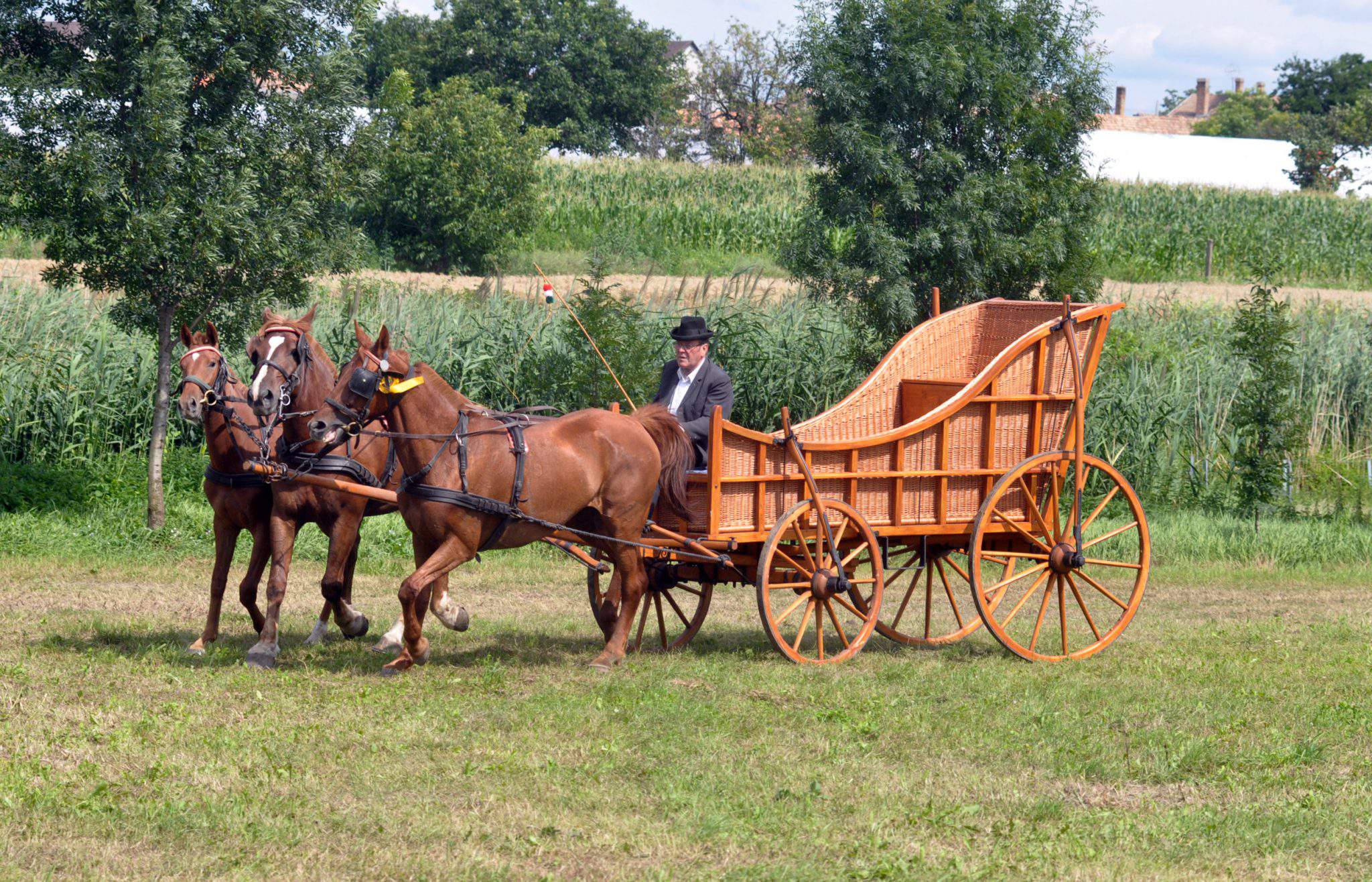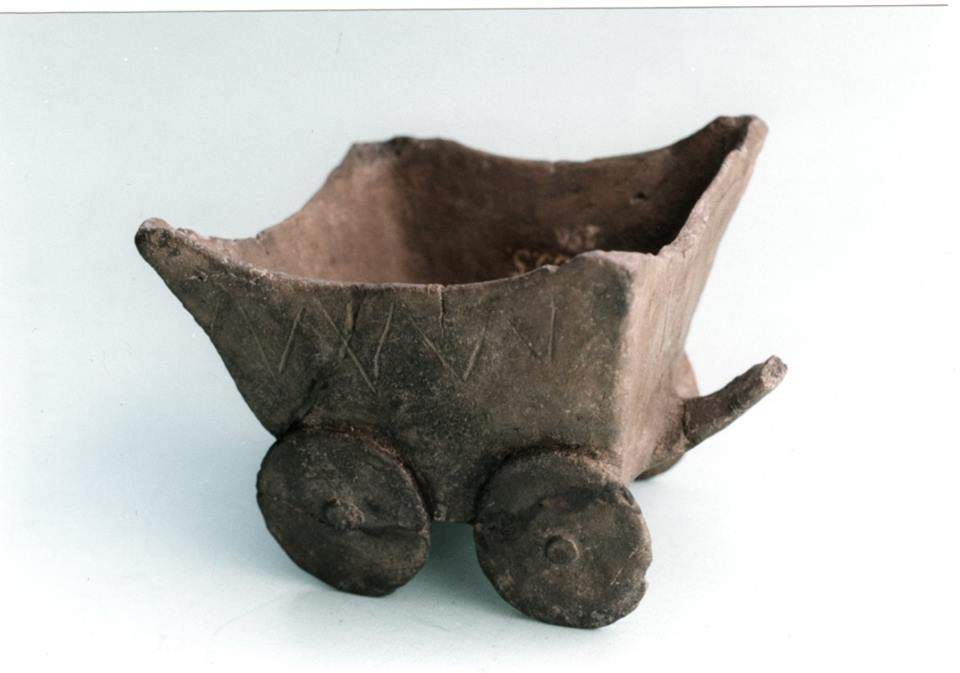A Hungarian word used worldwide: Kocsi

This five letter word is of Hungarian origin; however, it is used in various forms in other languages around the globe, says hvg.hu. Let’s see its origins and how far it has come until this day.
Kocsi meant a vehicle pulled by horses for centuries, but since the emergence of automobiles, it is commonly used as a synonym for cars as well. It is one of the few Hungarian words adopted by other languages.
Among others, the following languages use a form of kocsi: English – coach, Czech – kocár, Flemish – goetse, French – cocher, Catalonian – cotxe, Polish – kotz, German – kutsche, Italian – cocchio, Spanish – coche, Swedish – kusk, Slovak – koc and the Slovenian – kocíja.
But where does the word come from exactly? Well,
according to the tradition, it originates in a settlement in Komárom-Esztergom county, namely Kocs,
where the local cartwrights made the kocsi cart in the 15th century. Legends say that King Mathias was keen on using the kocsi cart as well. Since 1998, locals organise a cart pushing competition every year to preserve the traditions of their ancestors.

There is a much older depiction of carts, namely the cart of Budakalász, which is a small crockery found in 1953 in the stone quarry of the settlement in Pest County.
They say that this is the oldest European model of a cart.
The model is most likely to be from around the third millennium B.C. It is now exhibited in the Hungarian National Museum. Similar models were found in Szigetszentmárton as well.
Featured Image: kocs.hu
Source: hvg.hu


I have one better for the people that can understand Hungarian in this documentary, go to 15 mins and you’ll see how the Huns according to Hungarian and Chinese professors, taught the Chinese on how to build a Kocsi(coach) drawn by parallel horses, it’s all in a museum of the HUNS there..
https://www.youtube.com/watch?v=tu-BzRjo4aM